No Products in the Cart
FREE DELIVERY on orders over £50

Have a dog over 7 years old? - They qualify for FREE membership to our Senior Dog Club
|

Have a dog over 7 years old? - They qualify for FREE membership to our Senior Dog Club

July 26th, 2022
Everyone loves a good BBQ during the summer months come rain or shine, but barbeque food, although very appealing to both our feline and canine friends can pose many risks. There are certain 'bad' foods for dogs, and we need to know what we can and cannot feed them to ensure their safety this summer. How do you keep your pets safe at BBQs? Here are some things to consider.
HOT HOT HOT
Hot food straight off the BBQ smells irresistible but can result in burns to your pet’s mouth and stomach ulcers.
BONES AND SKEWERS
If accidentally eaten, bones and skewers can puncture the digestive tract resulting in potentially life-threatening infections such as peritonitis or serious oesophageal disorders. In these situations, emergency surgery to repair the damage is required, but unfortunately even after surgery there is a high chance they still might not recover. To avoid accidents such as this, it’s a good idea to make sure the BBQ is supervised at all times, or keep your pets locked safely indoors. For those sharp objects, keep a small pet-proof container handy, with a lid to store cooked bones and skewers after your family or guests have finished eating.
CORN ON THE COB
Another less obvious problem is corn on the cob. If your pet has eaten a corn on the cob and is lucky, the cob may pass straight through the digestive system. However, corn on the cobs are not broken down by the digestive system and if they get stuck they can cause an obstruction in the intestines.
Symptoms for intestinal damage or intestinal blockage are similar. Signs are wide ranging and can include vomiting or heaving (but not bringing anything up), vomiting after drinking water, straining to pass a stool or diarrhoea, restlessness, not eating, painful abdomen, whimpering/whining, weakness, depression and lethargy. If you suspect your dog or cat has eaten anything that could cause a problem, you should seek veterinary advice immediately and if displaying any signs of being unwell get them examined.
FATS AND OILS
Excessive consumption of high fat foods can trigger inflammation of the pancreas, a very painful condition that requires veterinary attention. Animals often present symptoms with persistent vomiting, abdominal pain, depression and or diarrhoea.
FOOD AT EYE LEVEL
For most dogs the temptation of food is huge, let alone it being waived about at nose level. Children eating tasty, delicious smelling food in accessible range may provoke unwanted behaviour in some dogs such as food guarding and stealing.
RUBBISH!
Make sure any leftovers and rubbish are thrown away in a lidded bin that your pet can’t raid. All those food smells will be super tempting for pets, so your bin needs to be super secure.
BREATHE EASY
Smoke can be very irritating for pets, especially as many of them have sensitive airways. Make sure your pets are far away from the barbeque and not downwind of any fumes.
KEEP THEM COOL
Our furry friends can quickly overheat in the sun. Make sure they can head into the shade or indoors whenever they need to cool down. It’s always important that your pet has access to fresh, clean water especially on hot days.
What our customers say
Read our reviewsDelivered to your door
FREE DELIVERY on orders over £50What’s in our food?
Find out more about recipes and ingredientsVet Know-how
Read our helpful expert tips




